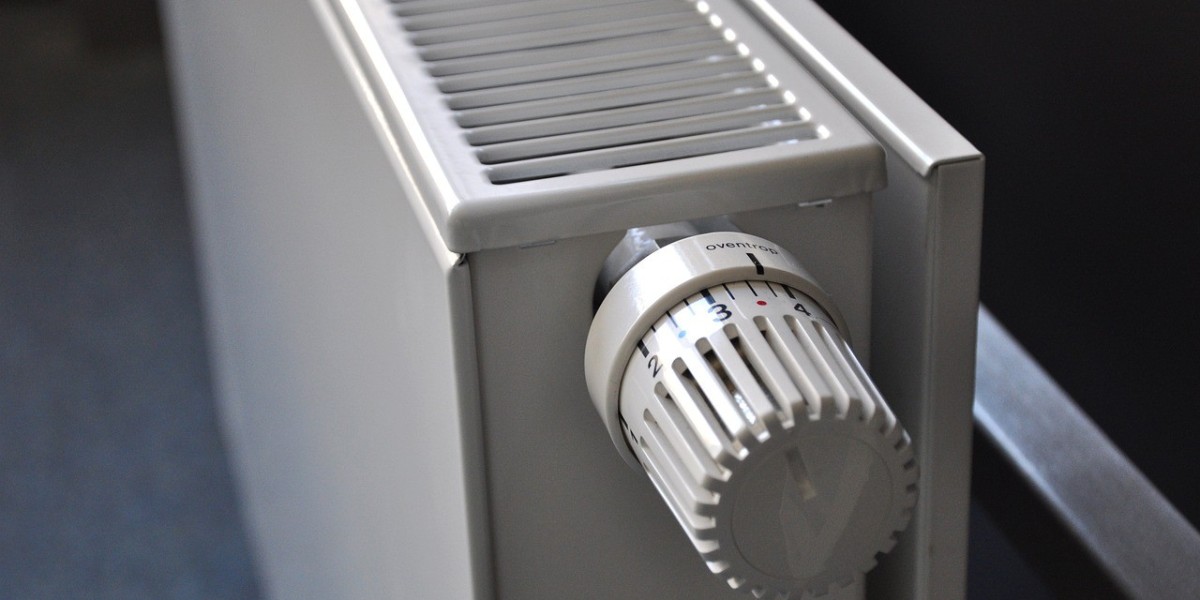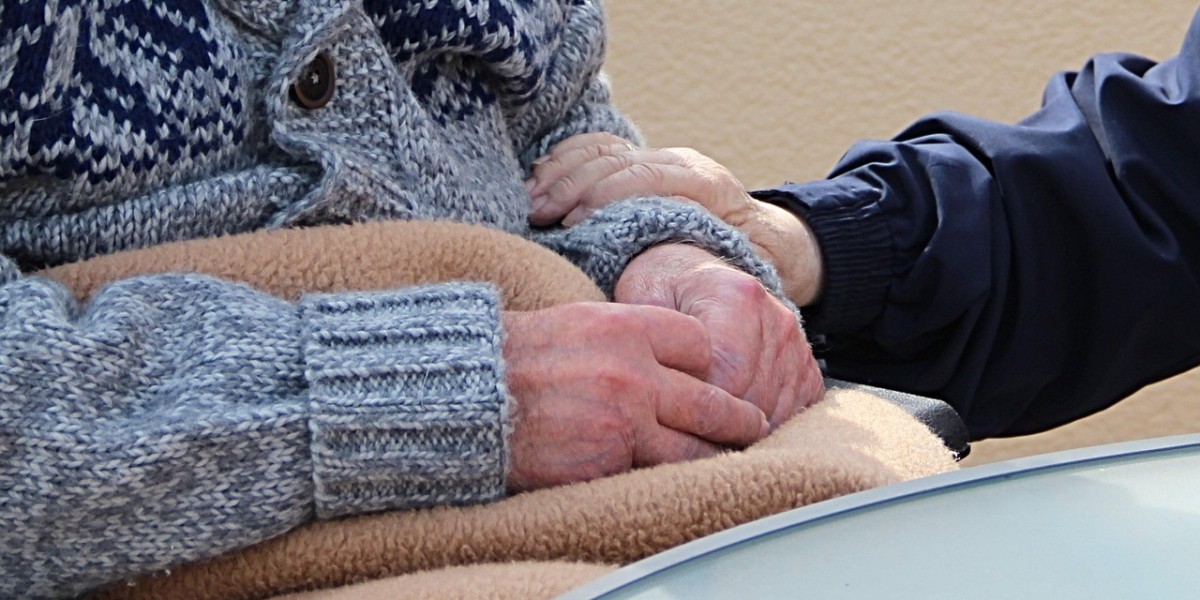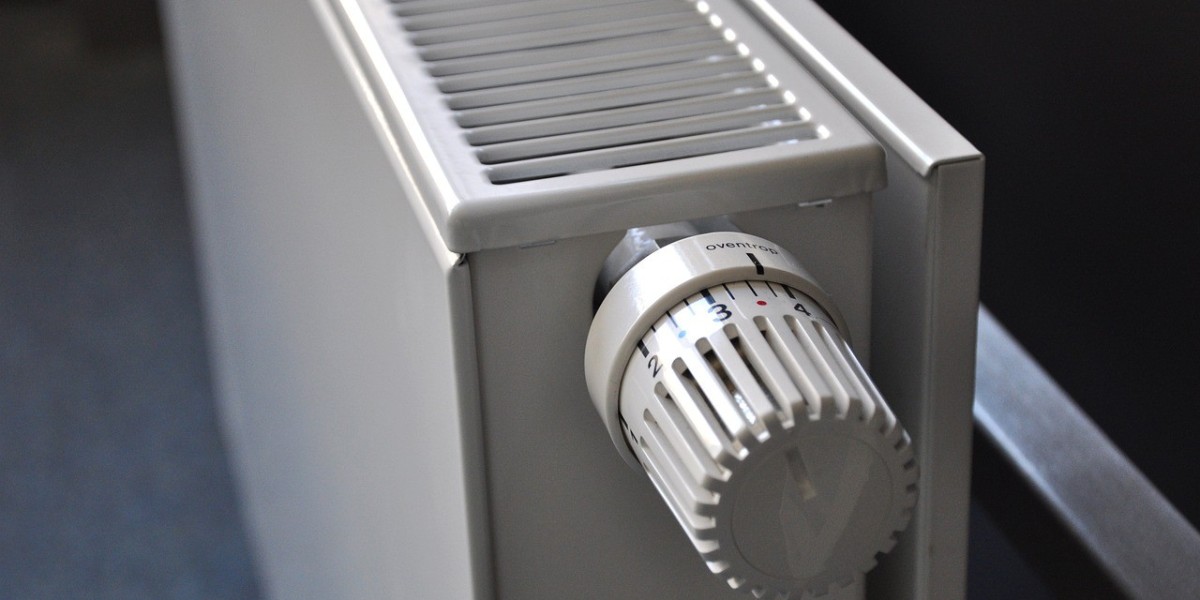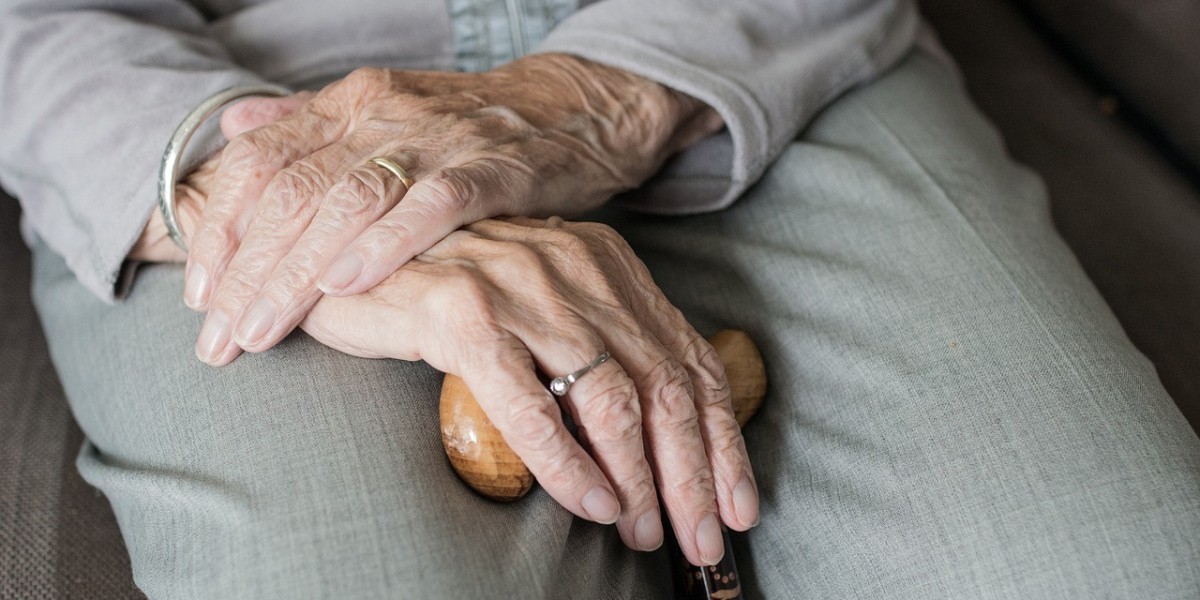As the temperature drops and winter sets in, caring for someone with Parkinson’s disease can bring new challenges. Cold weather can exacerbate Parkinson’s symptoms, making movement more difficult and causing additional discomfort.
As a carer, understanding these changes and preparing to manage them can make all the difference in your loved one’s quality of life.
In this blog, we’ll explore how cold weather impacts those living with Parkinson’s and share practical tips to keep your loved one comfortable during the chilly months.
How Cold Weather Affects Parkinson’s Symptoms
Winter weather doesn’t just bring frosty mornings and icy roads—it can also lead to increased stiffness, slower movements, and heightened tremors in individuals with Parkinson’s. Cold temperatures tighten muscles, making movement more challenging and exacerbating the motor symptoms that Parkinson’s already causes.
Some people may also notice a worsening of pain or discomfort in their joints and muscles during the colder months. Additionally, reduced sunlight exposure in winter can contribute to fatigue and low mood, which are common non-motor symptoms of Parkinson’s.
Practical Tips for Managing Winter Challenges
1. Keep Warm and Cosy
Maintaining a consistent body temperature is essential for minimising stiffness and discomfort.
Dress Smartly: Choose warm, lightweight layers that are easy to put on and take off. Thermal undergarments and gloves can be especially helpful.
Warm the Home: Ensure the house is heated to a comfortable level, and provide blankets or heating pads for added warmth.
2. Stay Active Indoors
Cold weather might limit outdoor activities, but staying active is crucial for managing Parkinson’s symptoms.
Stretch and Move: Gentle exercises like yoga or stretching can reduce stiffness and improve mobility.
Engage in Activities: Encourage hobbies that involve movement, such as light cleaning or seated exercises, to keep the body active.
3. Hydration and Nutrition
Dehydration can sneak up during winter when people drink less water.
Encourage Regular Hydration: Warm drinks like herbal teas can keep your loved one hydrated and comfortable.
Nourish with Warm Meals: Soups, stews, and other hot, nutrient-rich meals can provide comfort and essential energy.
4. Protect Against Falls
Parkinson’s can increase the risk of falls, and icy weather only heightens that danger.
Non-Slip Shoes: Ensure they wear shoes with good traction if heading outside.
Clear Walkways: Keep indoor paths clutter-free and consider adding rugs with non-slip backing.
5. Boost Mood and Well-Being
Winter blues are real, and they can be harder to cope with for someone living with Parkinson’s.
Increase Sunlight Exposure: Sit near windows during sunny hours or use a light therapy lamp to boost mood.
Stay Social: Encourage connections with friends, family, or online communities to combat isolation.
Your Role as a Carer
As a carer, your support is invaluable during the colder months. Recognising the subtle changes in your loved one’s symptoms and proactively addressing them can help ensure they feel cared for and comfortable.
But remember, you also need to care for yourself—staying well-rested and seeking support when needed will make you a stronger carer.
Join the We Talk Care Community
The challenges of caregiving during the winter months can feel overwhelming, but you don’t have to face them alone. Connect with the We Talk Care community to share tips, gain insights, and find a network of carers who understand your journey








